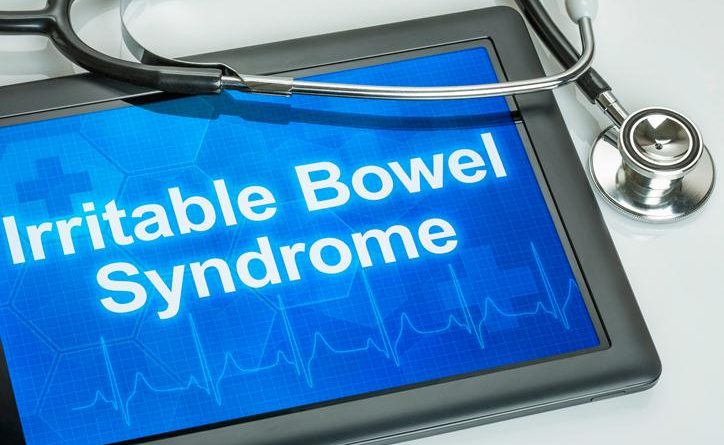Irritable bowel syndrome, which is commonly abbreviated “IBS,” is a common disorder that affects the large intestine.
According to MayoClinic.org, one in five American adults will experience this condition. IBS is a chronic condition that causes abdominal pain, severe cramping, and sudden changes in bowel movements. Unlike with inflammatory bowel diseases (including Crohn’s disease and ulcerative colitis), the actual structure of the bowel is not abnormal.
IBS Symptoms
While signs and symptoms of this condition can vary from person to person, common symptoms include:
- Abdominal pain and cramping
- Feeling bloated
- Excess gas
- Diarrhea or constipation, sometimes alternating between the two
- Mucus in the stool
While IBS is a long-term condition, there will probably be times when symptoms are worse, and when they might improve or disappear completely. This will usually depend on many different factors, such as your current stress level, eating habits, or amount of exercise.
IBS Weight Loss and Gain
Sometimes IBS can cause weight loss or weight gain at different times. Weight loss can occur because cramping pain can be severe enough to make you eat very little or not want to eat anything at all. Also, subsequent diarrhea will prevent you from digesting necessary nutrients. All of this can lead to shedding pounds quickly.
Weight gain sometimes occurs as well, but for different reasons. Symptoms can temporarily “die down,” causing you to eat more than you normally would in a short period of time. Also, many times the foods that aren’t triggers for IBS patients are high in carbohydrates. So if you have figured out your triggers and only stick to foods that are “safe,” you might consume larger amounts of carbohydrates, which can cause weight gain over a short period of time.
IBS Causes
The exact causes of IBS are not known, but it is believed that a variety of factors can play a role. The walls of your intestines are lined with layers of muscle. These muscles are supposed to contract and relax in a coordinated rhythm as they move food down intestinal tract from stomach to rectum. IBS can be caused by the contractions being stronger or lasting longer than normal, which in turn causes gas, bloating, and diarrhea.
Another cause might be abnormalities in your gastrointestinal nervous system, which means that there are poorly coordinated signals between your brain and your intestines. It can make you experience greater discomfort when your abdomen is stretching from gas or stool because your body is overreacting to the changes that normally occur in the digestive process.
For someone who suffers from IBS, the individual triggers can vary. Certain stimuli that don’t bother other people can cause symptoms in people with IBS, but people with the condition will react differently to different stimuli. Some common triggers include:
- Foods
- Many people with IBS will experience more severe symptoms after consuming certain foods. These foods will vary from person to person, but some of the most common include chocolate, spices, fats, fruits, beans, carbonated beverages, and alcohol.
- Hormones
- Statistically, women are twice as likely to have IBS, so it is believed that hormones might play a role in this. Many women say that symptoms are worse during their menstrual cycles.
- Stress
- During periods of increased stress, most people with IBS find that their symptoms are worse or more frequent.
IBS Treatments
Since the cause of IBS is not clear, treatment usually focuses on relieving symptoms so individuals are able to lead normal lives. For most cases, IBS is mild enough that it can be managed through changes in diet and lifestyle, such as avoiding foods that trigger symptoms, getting adequate exercise, drinking plenty of fluids, and getting adequate amounts of sleep.
If your symptoms are more severe, you may require medications to manage your condition. These might include fiber supplements, anti-diarrheal medications, anticholinergic or antispasmodic medications, antibiotics, or antidepressants.
Featured Image Source: Thinkstock/Zerbor




